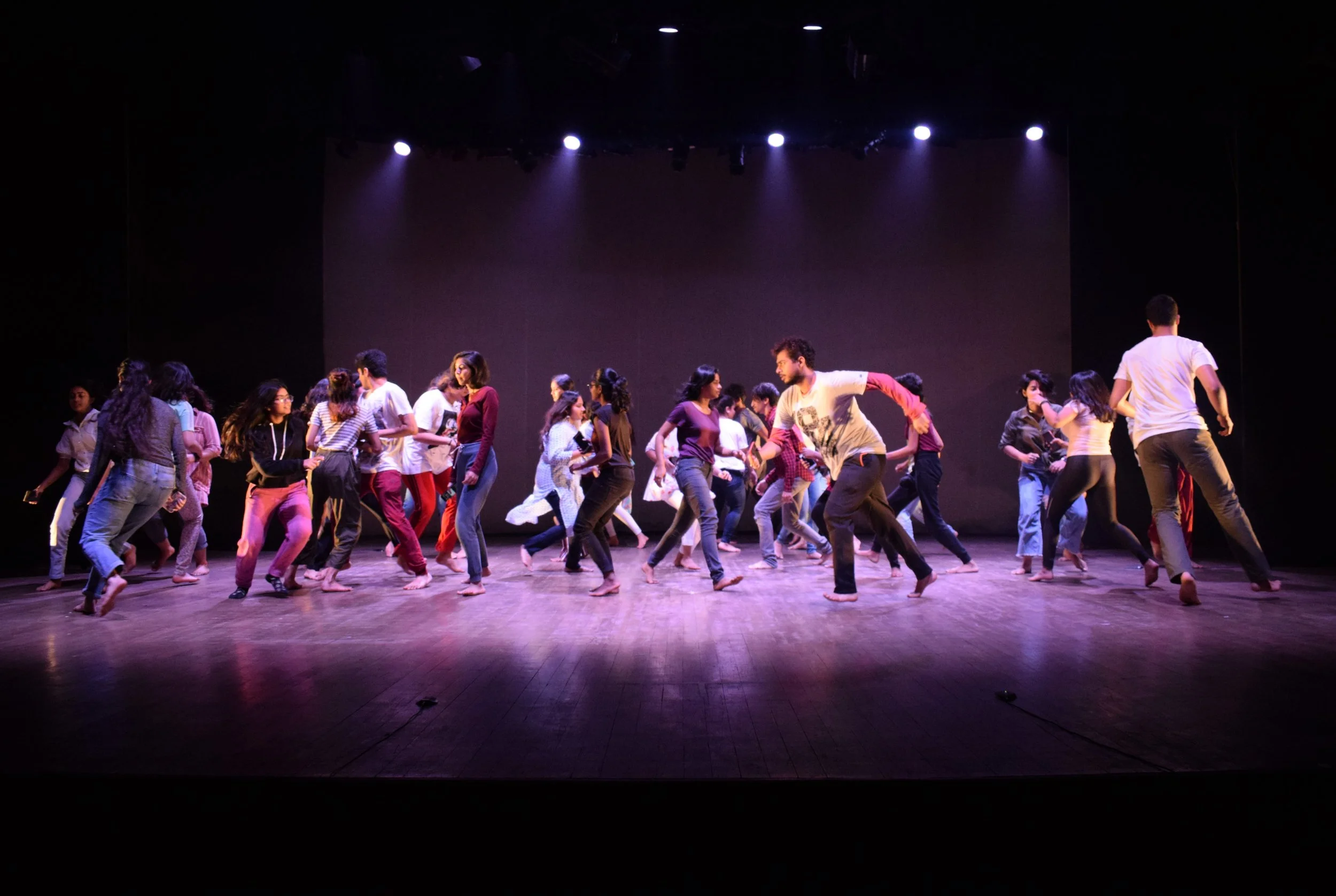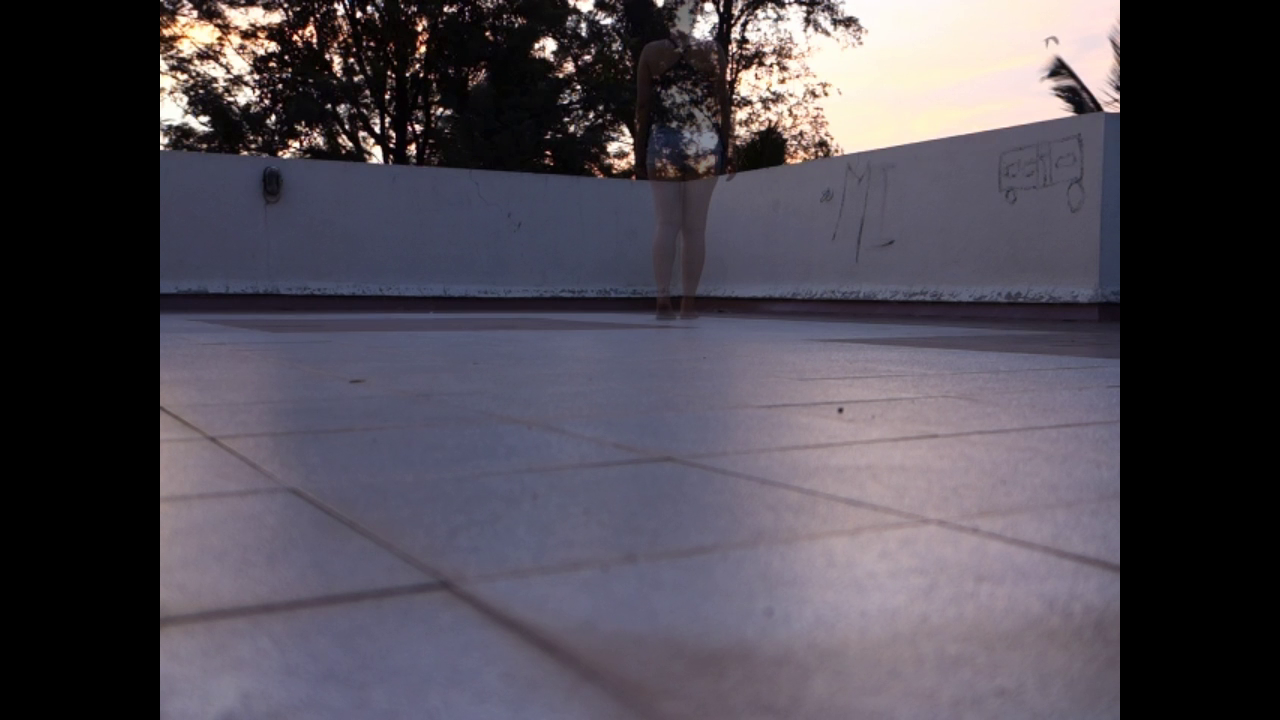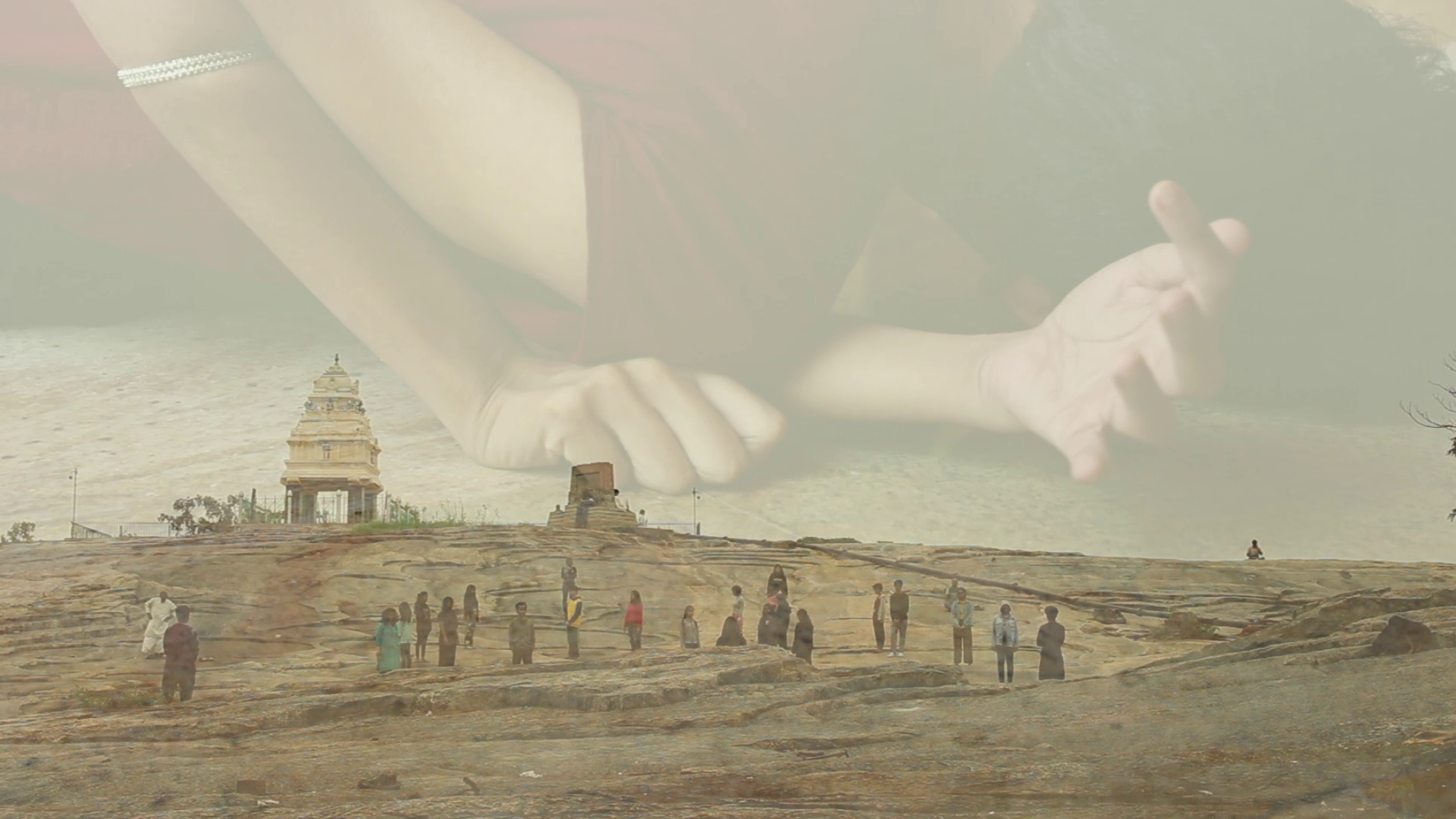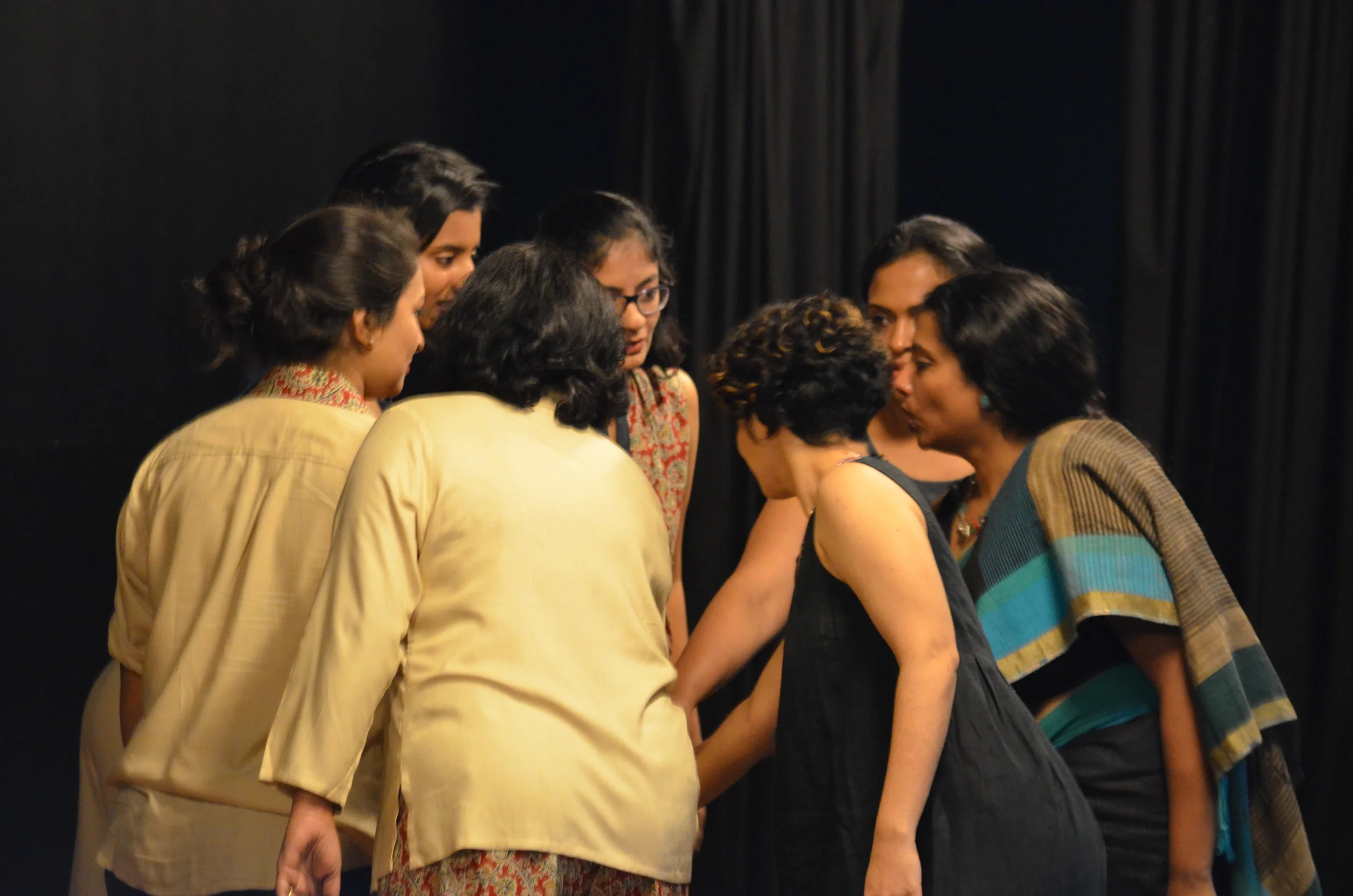Research and Publications
questions that arise from working with the body and that can be investigated through the body
EMBODIED MATHEMATICS PEDAGOGY: INITIAL INSIGHTS FORM A CLASSROOM IN BANGALORE, SOUTH INDIA (presented at the International Congress on Mathematical Education, Sydney, July 2024)
Embodied pedagogy in the Indian context is still considerably underdeveloped both as a practice and as a discourse. While there are numerous examples of curricular innovations in mathematics education to include hands on, experiential teaching and anecdotal evidence of teachers using elements of embodied pedagogy in their own classroom practice, there is very little systematic, documented study of this. Globally, empirical scholarship regarding the use of embodied pedagogy in mathematics is largely in agreement that cognitively relevant actions shape conceptual frameworks, yet there is currently no clear guidance for identifying the embodied experiences that will benefit reasoning about specific mathematical ideas. This paper seeks to add to the emerging scholarship around embodied pedagogy in mathematics learning through a small scale, qualitative study that reflects on the design and delivery of a geometry module conducted in a school in Bangalore, India.
Enabling the Ongoing Life of Therapeutic Theatre: A Case Study of Positively Shameless
Journal of Dramatic Theory and Criticism, Volume 36, Number 1, pp. 161-169 (2021)
Positively Shameless is a therapeutic theatre performance (premiered in 2016 and continues to tour) co-created by seven women based in Bangalore, South India. The play took as its starting point aspects of child sexual abuse that endure into adulthood. Most therapeutic theatre processes include an extensive creation and rehearsing period followed by just a single set of performances. Positively Shameless is unique because it has endured and evolved over time. Through this we distill and articulate ongoing relevance and methodological principles that have enabled the ongoing life of this piece of therapeutic theatre.
Decolonizing Performance Pedagogy
Performance Research, 25:8, 9-10, (2021)
Teaching has been a context for me to untangle and interrogate these systems of power. The practices that I have developed in my teaching aim to disrupt, or at least disturb some of these long-established hierarchies, first by bringing them into focus and then playing around with them.
Nothing to Show
Journal of Embodied Research, 3(2), 2 (24:24), (2020)
With social distancing, that range of environments is severely and suddenly restricted. What happens to my sense of self in these circumstances? How do I know who I am? What do I have to show the world and my self to confirm my sense of self? Whatever it is, the way you tell your story online can make all the difference.
Still Standing 2
Indent: The Body and the Performative (2019)
Still Standing 2 is an experimental film that investigates stillness. It was born out of a performance project (Still Standing 1), where I worked with 37 participants over 4 weeks, in an exploration of the embodied experience of stillness.
BodyMine: An exploration of auto-ethnographic performance as research
Focus on Education, Royal Academy of Dance (2019)
BodyMine is an articulation of an auto-ethnographic investigation into my own practice as a dancer, my body and relationship to dance. My interest in auto-ethnographic research is that it allows for the self to be perceived as a cultural and social being that is the subject of reflexive practice.
Positively Shameless, 2016
Performance, revelation and resistance: Interweaving the
artistic and the therapeutic in devised theatre (2017)
This article describes the process that led to the creation of Positively Shameless, a devised theatre performance that explores emotional and physical residues of childhood sexual abuse (CSA) in five adult women in Bangalore, India. The article touches upon the interplay between the therapeutic and artistic perspectives of theatre making and challenges the widely held dichotomy between applied and pure theatre. It also explains the principles that guided the process, with illustrative examples taken from the devising stage and the final piece.
Bodystorming (2015)
The fundamental idea behind this initiative is to use simple interaction frameworks between dancers to simulate and understand biological processes, drawing from deeply inter-disciplinary roots. Can we reflect, remember, react and talk through our bodies? Bodystorming is an initiative which explores this concept in action, giving people an experiential account of what it means to engage with the body as a medium of thought and communication. While we are quite familiar with brain storming- coming up with ideas rapidly in a group situation, we rarely think of doing the same with our bodies. What happens when we collectively throw ideas together spontaneously using our bodies?
Archive
A Dance for Dance's Case: a performative presentation (2016)
Extending Boundaries: Embedding peer feedback in an Indian dance education context (2015)
Some Pedagogical Concerns in Teaching Dance (2014)
Culture and Social Heritage in Teaching Dance in India (2014)
Peaking Duck Diaries (Inaugural Issue, June 2013)
Peaking Duck Diaries (Second Issue, Dec 2013)




